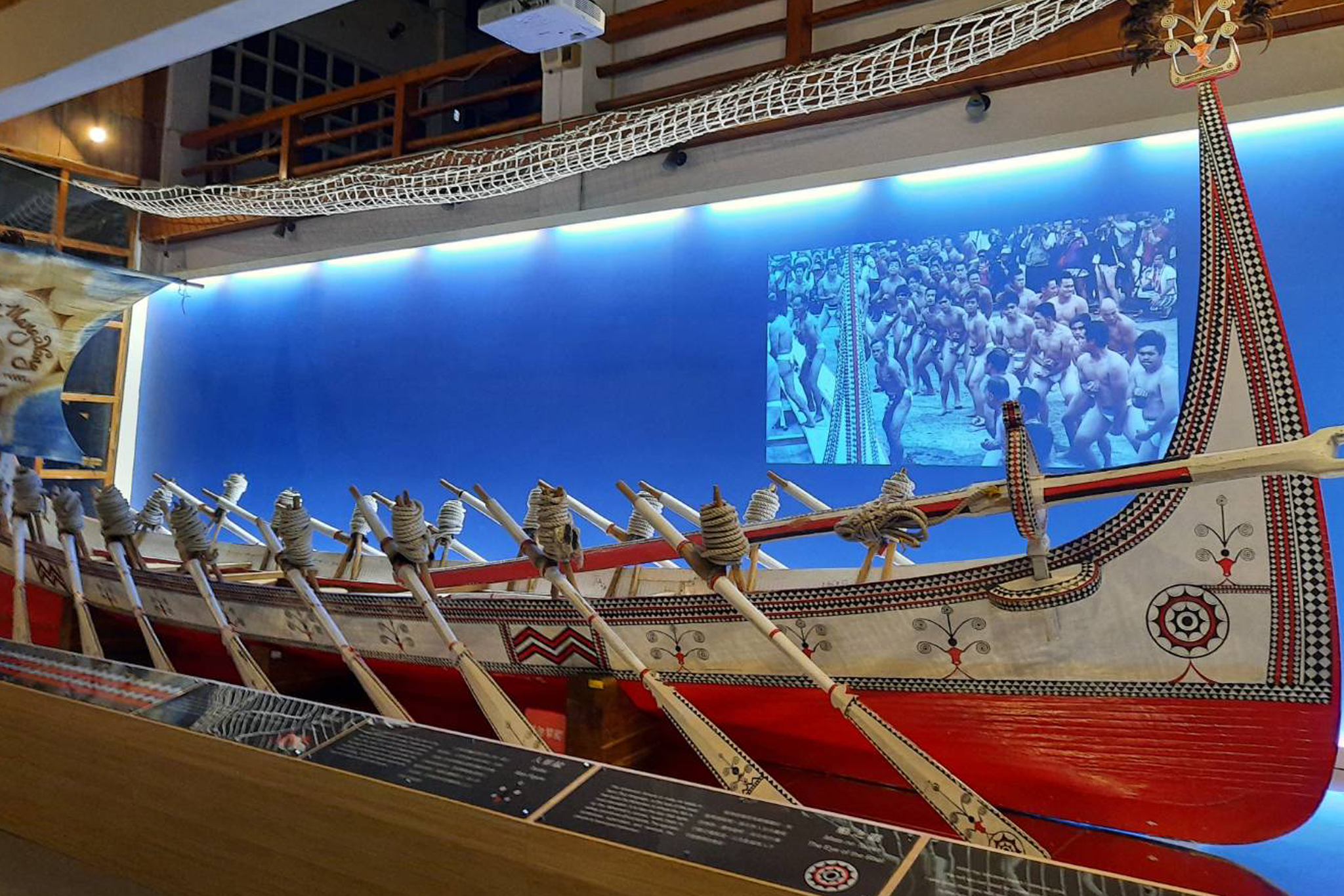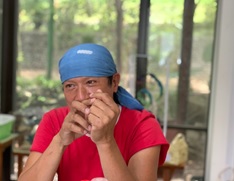

Walis Labai used to regard himself as Chinese and Taiwanese, thinking that the mainland across the Taiwan Strait was where he should go to. Now he believes his hometown, Meixi, once segregated from other Han-Taiwanese towns, is the place he should return to. After studying abroad in the United States, he went back to Taiwan to teach in an indigenous studies program at Chung Yuan University.
He constantly contemplates indigeneity and hunting culture, which he believes can be adjusted with time in contemporary society. He also has long-term concern on indigenous issues, advocating for indigenous traditional culture. Walis thinks that despite the disintegration of indigenous communities due to population outflow, colonization along with modern technology (the internet) that brought into indigenous communities have connected people who live away from their hometown.
He got a lot of inspiration from the history of antiques. The charming smell of watercolor, calligraphy, and books stimulates his creativity. Walis also gains creative momentum for his mother, who is a ritual specialist and knew some traditional shamanism. He thinks that the "modernity" of indigenous art is not yet established because indigenous peoples are stuck in their identity issues and, therefore, conservative. Instead, every moment should be an essential piece that constitutes modernity, but how to skillfully cut the pieces meticulously and delicately for exploration still needs more discussions to answer.